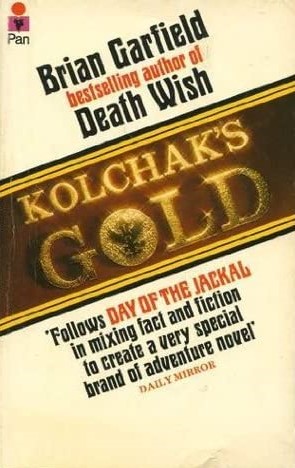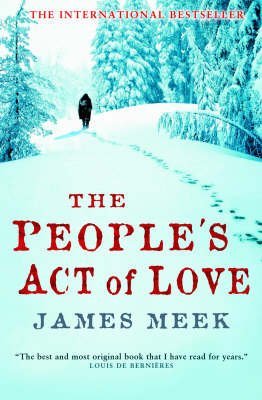
Brian Garfield’s thriller Kolchak’s Gold takes on the mystery of what happened to the gold reserves of the Russian Empire after the revolution of 1917.
This is a made-for-fiction mystery. It is known that the gold —which had been transported to Siberia from St Petersburg during World War One to prevent it from falling into enemy hands— came under the control of the overall leader of the White movement in the Russian Civil War, Admiral Aleksander Kolchak.
Continue reading
